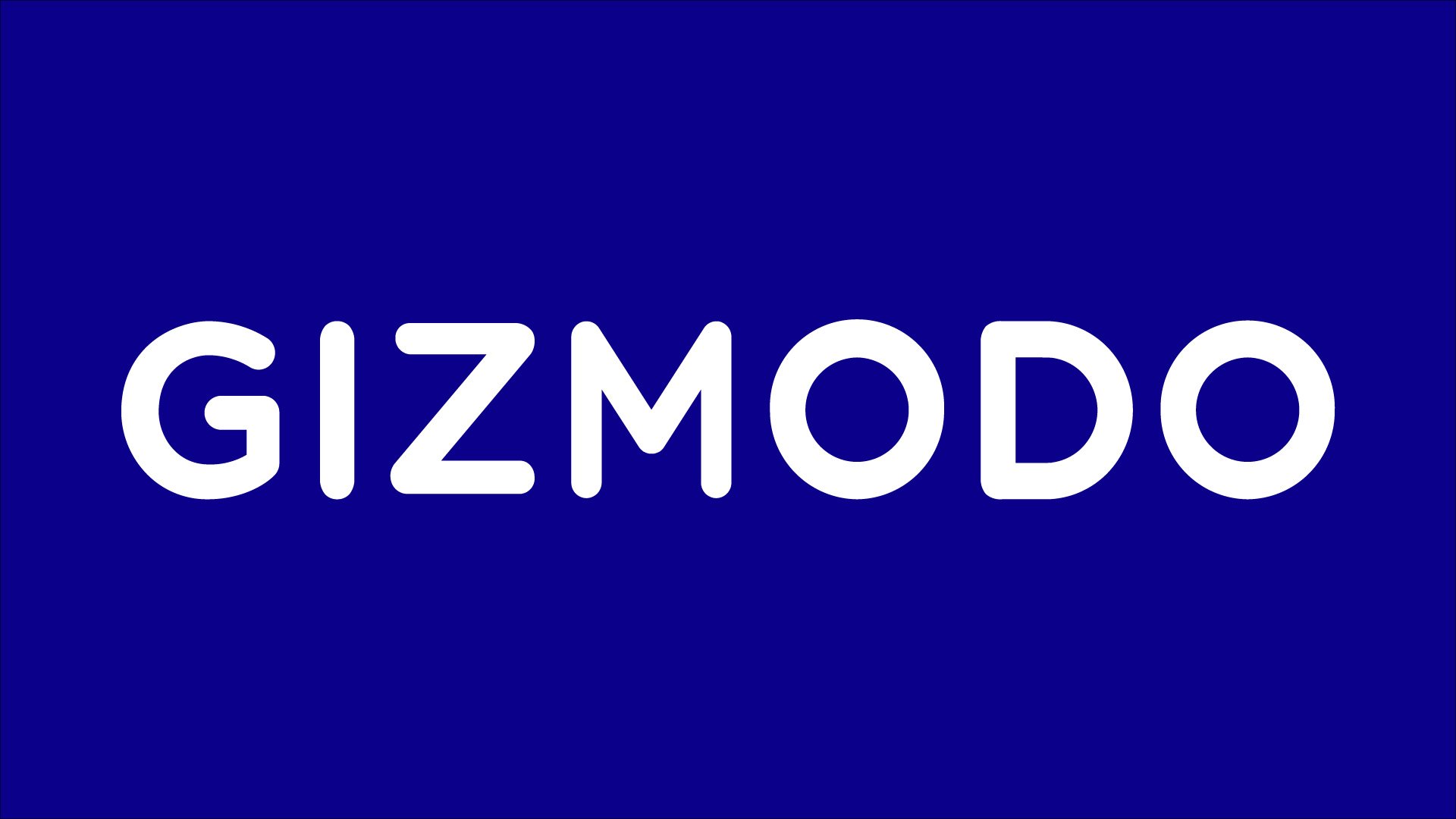Nvidia Just Dodged an $8 Billion Bullet, Thanks to Donald Trump

It’s a major victory for the world’s most valuable company in the ongoing tech war. The Trump administration has reportedly granted Nvidia a license to resume selling its specialized AI chips to the lucrative Chinese market, a decision that follows months of high-stakes lobbying and direct appeals to the White House by CEO Jensen Huang.
The move is a massive financial relief for the AI giant. It allows Nvidia to avoid a projected $8 billion revenue shortfall for the fiscal year and re-enter a market that Huang himself estimates will be worth $50 billion in the coming years.
According to the Financial Times, the breakthrough came after Huang’s visit to the White House on August 6 to meet with President Donald Trump. Just two days later, the Commerce Department, which oversees export controls, reportedly issued the first licenses for Nvidia to sell its H2O chips in China.
The High-Stakes Background
This decision is the latest chapter in the ongoing U.S.-China tech war. The core issue is the fear that advanced American technology could be used by Beijing to develop sophisticated military AI. To prevent this, the U.S. has imposed strict export controls, blocking the sale of top-tier AI chips to China.
Nvidia’s most powerful processors, like its Blackwell series, are banned for export to China. In response, Nvidia cleverly designed the H2O chip, a less-powerful version of its advanced technology, specifically tailored to comply with the original export rules.
However, the Trump administration took an even tougher stance in April, banning the sale of even these de-powered H2O chips. The move sent shockwaves through Nvidia. The company was forced to halt shipments, resulting in a $4.5 billion charge for excess inventory and purchase obligations. In May, Nvidia warned investors that the restrictions would cost the company an estimated $8 billion in revenue for the full fiscal year.
The Power of Personal Diplomacy
Reversing this policy took months of intense diplomacy and lobbying, culminating in Huang’s personal visits to the White House. The CEO’s charm offensive appears to have worked, drastically changing President Trump’s perspective on the company. During a White House AI summit last month, Trump admitted he had initially considered taking antitrust action against the chip giant before he got to know its CEO.
“I said, ‘Look, we’ll break this guy up,’ before I learned the facts of life,” Trump said of Huang during a speech. “I said, ‘Who the hell is he? What’s his name? What the hell is Nvidia? I’ve never heard of it before.’”
The president continued, “Then I got to know Jensen, and now I see why,” inviting Huang, who was in the audience, to stand up. That meeting appears to have been the turning point, convincing the administration that protecting Nvidia’s financial health was crucial for maintaining America’s lead in the global AI race.
What This Means for the World’s Biggest Company
For Nvidia, the news is a massive relief. The company, which last month became the first to reach a $4 trillion market value, is now hovering around $4.45 trillion. With the $8 billion revenue threat now averted and the $50 billion China market reopened, investors will be watching closely when Nvidia reports its quarterly earnings later this month. Another strong report could easily push the AI titan past the unprecedented $5 trillion threshold.
Nvidia and the Commerce Department did not immediately respond to requests for comment.



- CỘNG ĐỒNG
- News
- Tech
- Food
- Causes
- Personal
- Art
- Crafts
- Dance
- Drinks
- Film
- Fitness
- الألعاب
- Gardening
- Health
- الرئيسية
- Literature
- Science
- Networking
- Party
- Religion
- Fashion
- Sports
- النجوم
- Xã Hội


